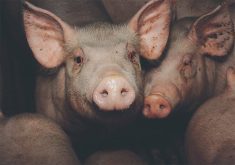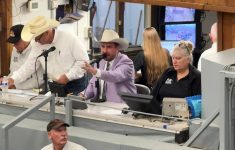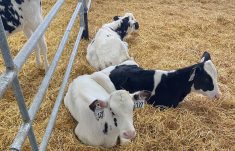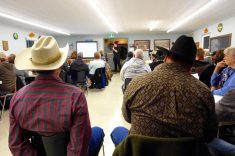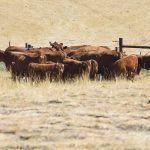Glacier FarmMedia – Truck drivers can legally exceed their regulated hours if it’s an emergency, but when does animal welfare meet that description?
That was among the topics tackled as the House of Commons standing committee on agriculture released its report on challenges facing the livestock transport sector.
The report, “Striking a Balance: Electronic Logging Device Requirements Impacting Animal Transportation,” drew on input from witnesses across the transport supply chain.
Read Also
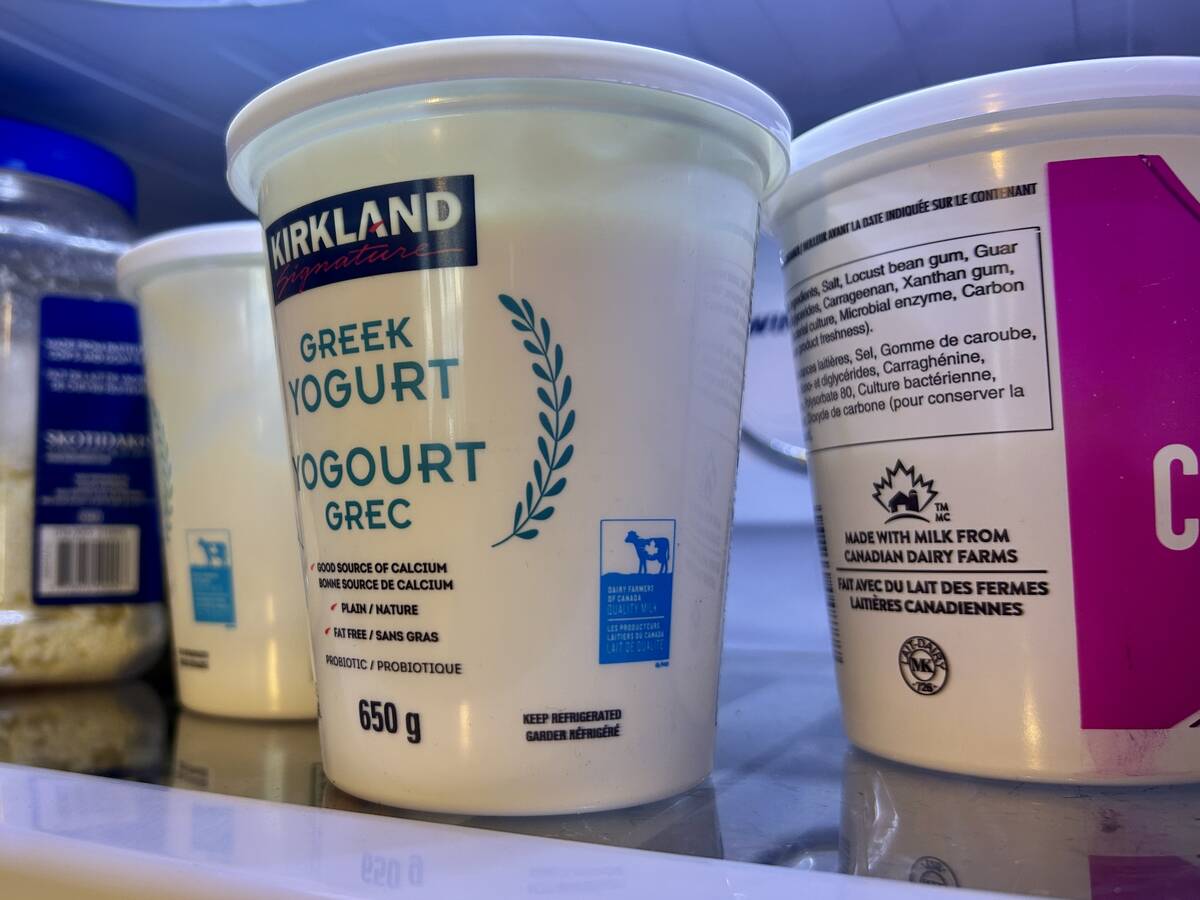
Big changes ahead for dairy market
Dairy consumers put bigger eyes on protein, while CUSMA review looms large for Canada’s dairy farmers
Why it matters: Oversights in recorded hours may lead transporters to exceed their legal limits of hours worked.
In 2021, amendments to the Commercial Drivers Hours of Service Regulations required long-haul transport drivers to install electronic logging devices (ELDs) in their vehicles. These devices were meant to ensure compliance with laws on how many hours a person can drive.
At the time, witnesses said the system had issues specific to livestock transport.
Hours of Service rules allow drivers to keep driving in emergencies, even if they’ve hit their time limit. But, the report notes, there are no specific provisions for emergencies regarding the health and well-being of animals.
It is now up to individual law enforcement authorities to determine if an animal welfare situation merits emergency status. This raises concerns for drivers, especially if authorities are not familiar with livestock transport.
One proposed solution is to introduce clearer guidance for enforcement officers to evaluate livestock-related situations.
“Our sectors and our drivers want reassurance that a threat to animal welfare is deemed an emergency situation,” National Cattle Feeders’ Association vice-president Cathy Jo Noble was quoted as saying in the report, “and that the definition of ‘adverse conditions’ includes … situations such as being delayed at the border for a CFIA vet inspection or unexpected and unusual animal behavioural challenges.”
Recommendations also include allowing greater flexibility for livestock transporters at the beginning and end of their trips.
ELDs only record hours once a vehicle has reached a speed of eight kilometres an hour.
David Fehr, also of the National Cattle Feeders’ Association, said that threshold is low enough to trigger, even if the driver isn’t on the road.
“Whether you’re ready to back up to a chute and load, or you are just turning in and backing up, now your day has started,” Fehr said.
Other concerns outlined in the report include poor ventilation in stopped or delayed vehicles and longer journeys for transporters due to meat processing facility closures. It also recommended broader exemptions for producers who transport their own livestock, especially beekeepers.
– Jonah Grignon is a reporter for Glacier FarmMedia.





